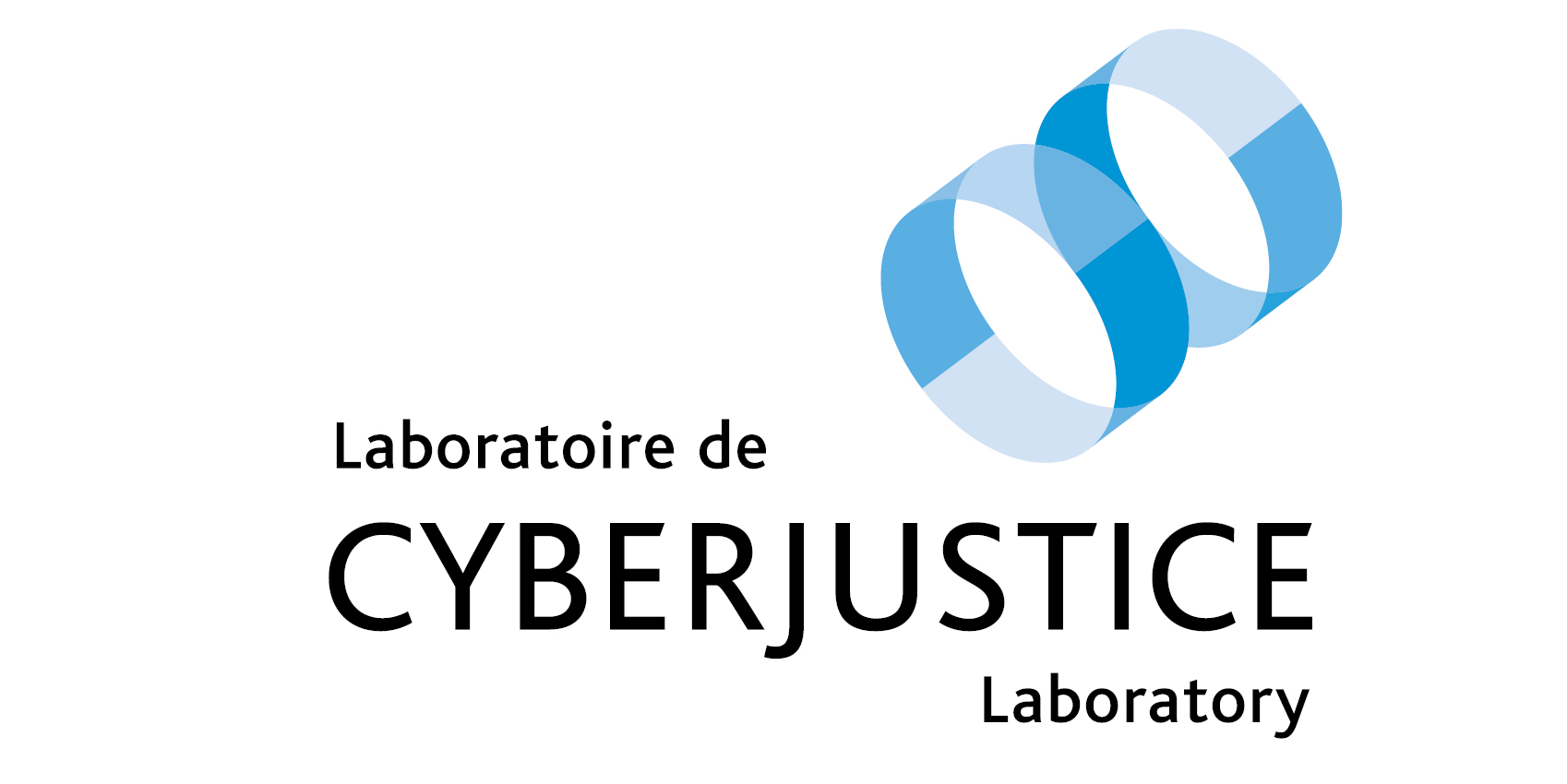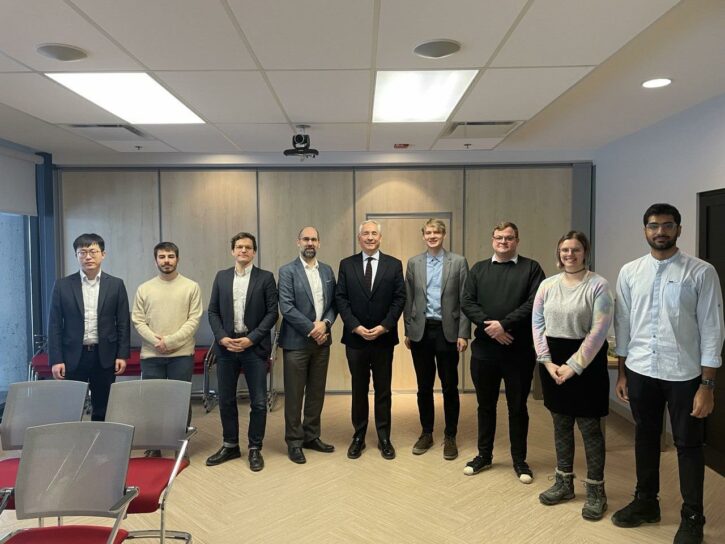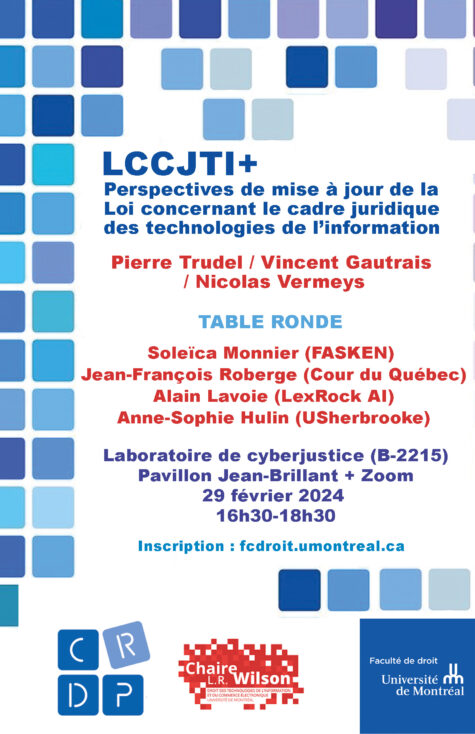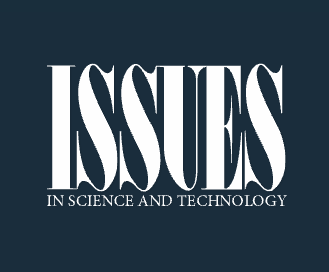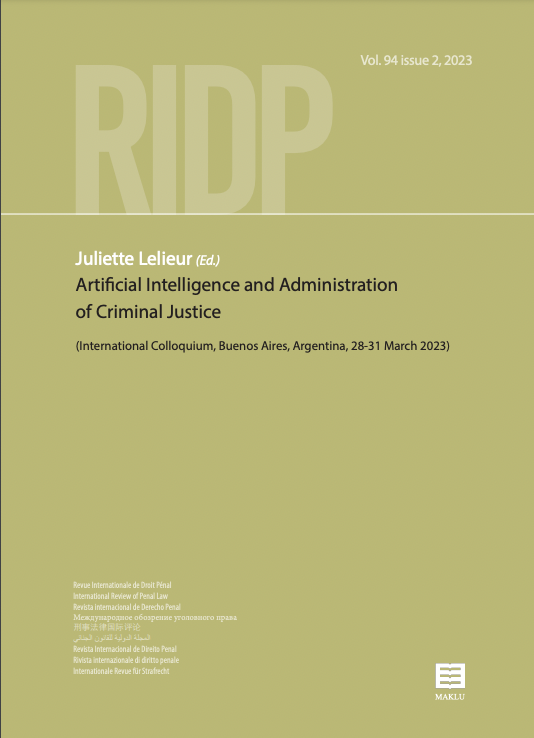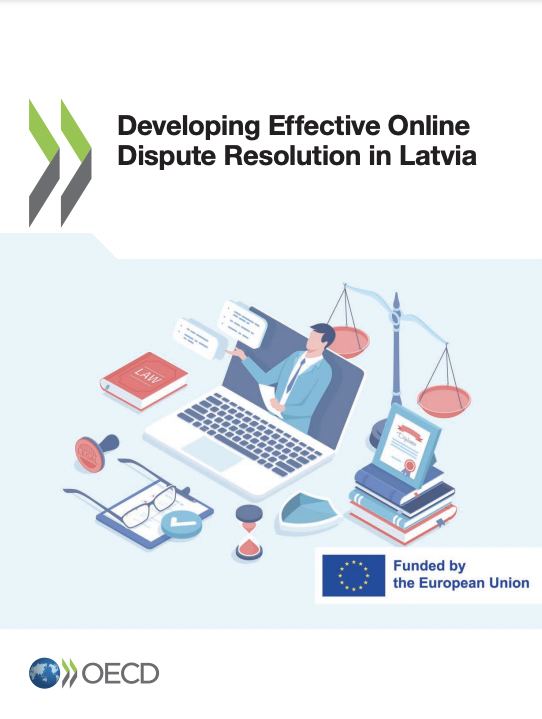Featured
Featured
Visit of France's Minister of Justice and Keeper of the Seals, Éric Dupond-Moretti, at the Cyberjustice Laboratory
The Cyberjustice Laboratory had the honor of welcoming, on Friday, April 12, 2024, the Minister of Justice and Keeper of the Seals of France, Mr. Éric Dupond-Moretti. We also had the pleasure of receiving Mrs. Sylvie Retailleau, Minister of Higher Education and Research of France, as well as Pascale Dery, Minister of Higher […] Read more
Featured
Meeting of the Cyberjustice Laboratory Team: Advances and Features of the LLMediator Project
The Cyberjustice Laboratory's team met this afternoon to discuss the LLMediator project, a conversational agent facilitating online mediation procedures. Several features were presented, such as detecting inflammatory messages, the ability to propose a reformulation of these messages, as well as the possibility of asking the conversational agent to summarize previous messages on the LLMediator platform. […] Read more
Featured News
Call for Papers: 'Can Artificial Intelligence Contribute to Justice?' Conference
The-International-Association-of-Law-2Télécharger Read more
Featured Events
Lancement de l’ouvrage « Responsabilité. IA » (table ronde)| Nicolas Vermeys (27 février 2024)
This content is not available in the selected language. Nous avons le plaisir d’annoncer la publication de l’ouvrage “Responsabilité.IA – Du droit québécois de la responsabilité civile à l’égard de l’intelligence artificielle”, auprès des Editions Yvon Blais, co-écrit par Mariève Lacroix et Nicolas Vermeys. Dans le cadre du lancement de l’ouvrage, le CRDP et le […] Read more
Featured Events
Conférence à venir: LCCJTI+ : perspectives de mise à jour de la Loi concernant le cadre juridique des technologies de l’information (table ronde) (29 février 2024)
This content is not available in the selected language. Nous avons le plaisir de vous convier à la table ronde “LCCJTI+ : perspectives de mise à jour de la Loi concernant le cadre juridique des technologies de l’information”. Date : 29 février 2024 Heure : 16h30-18h30 Lieu : Laboratoire de cyberjustice (B-2215), Pavillon Jean- Brillant + Zoom Résumé […] Read more
Featured News Videos
Video - "Living in the Shadow of Catastrophe" lecture by South Africa's High Commissioner to Canada, His Excellency, Rieaz Shaik
= You will find above the lecture entitled "Living in the Shadow of Catastrophe" held by His Excellency, the South African High Commissioner to Canada, on January 24, 2024 at the Cyberjustice Laboratory. Speaker's Biography High Commissioner Rieaz Shaik is South Africa’s envoy to Canada since 2022. Mr Shaik was an anti-apartheid […] Read more
Featured News
Prof. Karine Gentelet Signs the Essay 'Needed: Ways for Citizens to Sound the Alarm About AI's Societal Impacts' in the Journal Issues in Science and Technology
On January 16, 2024, Issues in Science and Technology published an issue entitled "An AI Society". In this issue of 11 essays, social sciences, and humanities specialists examine how the interaction between AI and society can be harnessed, revealing urgent avenues for research and policy. Professor Karine Gentelet (UQO, CRDP) wrote one of these essays. […] Read more
Featured News
Upcoming conference: Symposium "Problematic Generative AI" (February 9, 2024)
The Cyberjustice Laboratory invites you to the "Problematic Generative AI" symposium. Organized in collaboration with the Center for Legal & Court Technology and the Commonwealth Cyber Initiative, this event will be held on February 9, 2024. This symposium is a follow-up to the discussion that began at the 2023 Problem AI symposium. We strongly […] Read more
Featured In the medias News
Professor Karim Benyekhlef and Mr. Gabriel Lefebvre sign the article "Predictive Policing in Canada" in the International Review of Criminal Law
On January 9, 2024, the Revue Internationale de Droit Pénal published volume 94, number 2. This issue of RIDP, entitled "Artificial Intelligence and Administration of Criminal Justice" presents the results of collective research undertaken in 2020. Based on a lengthy questionnaire, this research addresses emerging issues concerning the use of artificial intelligence (AI), primarily machine […] Read more
Featured In the medias
The Cyberjustice Laboratory collaborates with the OECD on the report "Developing Effective Online Dispute Resolution in Latvia"
Today, the OECD published its report titled "Developing Effective Online Dispute Resolution in Latvia." The report documents the evaluation of online dispute resolution in Latvia and summarizes key policy recommendations to support its development. It draws inspiration from the OECD's previous influential work on access to justice, such as the OECD Recommendations on Access to […] Read more

